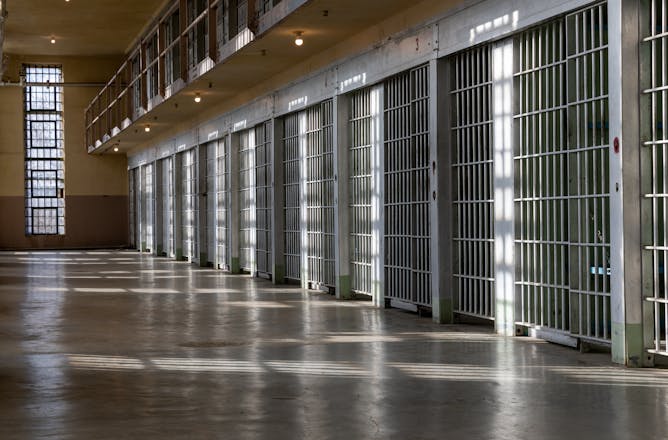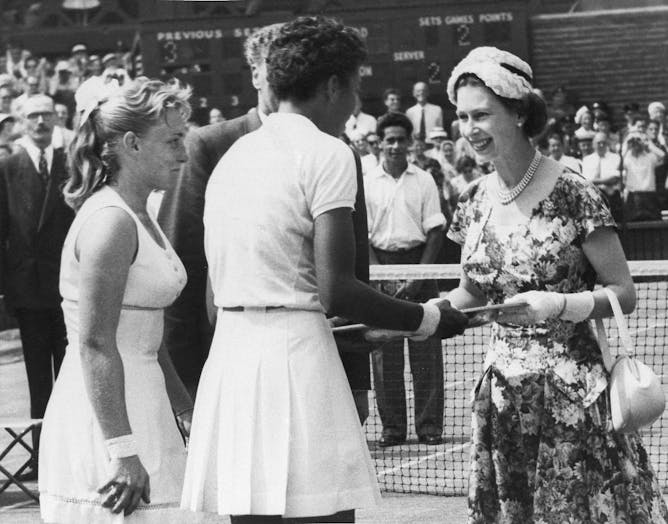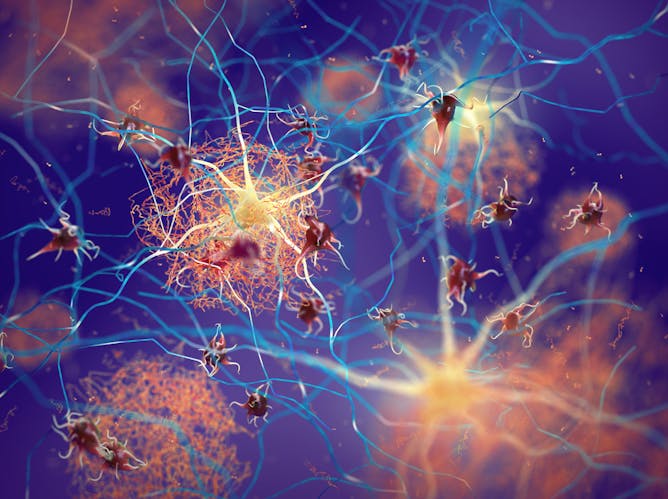|
I was at the Toronto Raptors NBA victory parade three years ago this month. While it was too crowded to make it to City Hall to watch the team's stars take the stage, I watched on my phone as Ontario Premier Doug Ford was snubbed by Raptor management and booed heartily by the crowd. He looked shaken, and apparently he was.
Was that the moment he decided to work on his likeability factor? I suppose only Ford's inner circle knows for sure, but even though he was bitterly criticized for his handling of the COVID-19 pandemic that emerged less than a year later, he also showed a human and empathetic side that perhaps endeared him to Ontario residents. Today in The Conversation Canada, Jonathan Malloy of Carleton University delves into how Ford has managed to focus on being the type of leader Ontario residents have long preferred: Dependable, steady, willing to pivot — the qualities that helped Ontario's Progressive Conservatives hold onto power for much of the 20th
century. He writes: "Ford has positioned himself in the longstanding tradition of the adaptable Ontario PCs and an enduring provincial political culture."
In other Ontario election news, Pat Armstrong of York University and Marjorie Cohen of Simon Fraser University write about the many good ideas on everything from public transit to the revival of Grade 13 that emerged during the campaign. They urge both the newly elected Ford and political leaders across Canada to implement them.
Also today:
|

Ontario Premier Doug Ford is joined on stage by his wife Karla at a victory party for his Progressive Conservatives after their return to power with an increased majority.
THE CANADIAN PRESS/Nathan Denette
Jonathan Malloy, Carleton University
Doug Ford and his party have successively portrayed themselves as competent managers adapting to the needs of Ontario in 2022. Whether their policy record actually holds up is a different story.
|

Ontario Progressive Conservative Party Leader Doug Ford, Ontario New Democratic Party Leader Andrea Horwath, Ontario Liberal Party Leader Steven Del Duca and Green Party of Ontario Leader Mike Schreiner debate during the Ontario party leaders’ debate in May 2022.
THE CANADIAN PRESS/Frank Gunn
Pat Armstrong, York University, Canada; Marjorie Cohen, Simon Fraser University
Some excellent ideas were proposed during the Ontario election on everything from transit to housing. Here’s why the rest of Canada would be wise to consider them.
|

Family and friends follow the casket of 10-year-old Jose Flores after a funeral service in Uvalde, Texas. Flores, an honour student, was killed in the latest elementary school shooting in the United States.
(AP Photo/Eric Gay)
R. Blake Brown, Saint Mary’s University
The latest mass school shooting in Texas has renewed the debate about gun control. Here’s why gun advocates generally avoid discussing the harm that assault-style rifles can cause.
|

Thousands of imprisoned persons in Ontario faced barriers to voting in the June 2 provincial election. Many will also be explicitly barred from voting in the upcoming municipal elections in October.
(Shutterstock)
Linda Mussell, L’Université d’Ottawa/University of Ottawa; Jessica Evans, Toronto Metropolitan University
Elections Ontario must ensure imprisoned people are provided information on their candidates, registration assistance and facilitation by Elections Ontario employees on voting day.
|

Queen Elizabeth presents winners trophy to Althea Gibson who won the women’s title in the All England Lawn Tennis Championship at Wimbledon in July 1957.
(AP Photo)
Tim Elcombe, Wilfrid Laurier University
The Platinum Jubilee serves as an opportunity to reflect on the complex interactions and historical evolution of the British monarchy and the transformations in sport, politics and society.
|

Illustration en 3D de plaques amyloïdes se formant entre les neurones.On a longtemps cru que ces dépôts provoquaient la démence liée à la maladie d'Alzheimer, mais de nouvelles études commencent à en douter.
Shutterstock
Vicky Jones, University of Central Lancashire
Les dépôts de protéines sont tenus pour responsables de la maladie d’Alzheimer, mais les médicaments qui les ciblent échouent. Nous devons orienter les recherches vers les premiers stades de la maladie.
|
Culture + Society
|
-
W. Joseph Campbell, American University School of Communication
The ‘Napalm Girl’ photo is much more than powerful evidence of war’s indiscriminate effects on civilians. It also shows how false assertions can get traction in the media.
|
|
Politics
|
-
Jennifer Selin, Wayne State University
The public hearings of the House Jan. 6 investigative committee will deal with unprecedented events in American history, but the very investigation of these events has strong precedent.
|
|
Science + Tech
|
-
Wojciech Zajkowski, Cardiff University
A new study shows indecisive people should go easier on themselves.
|
|